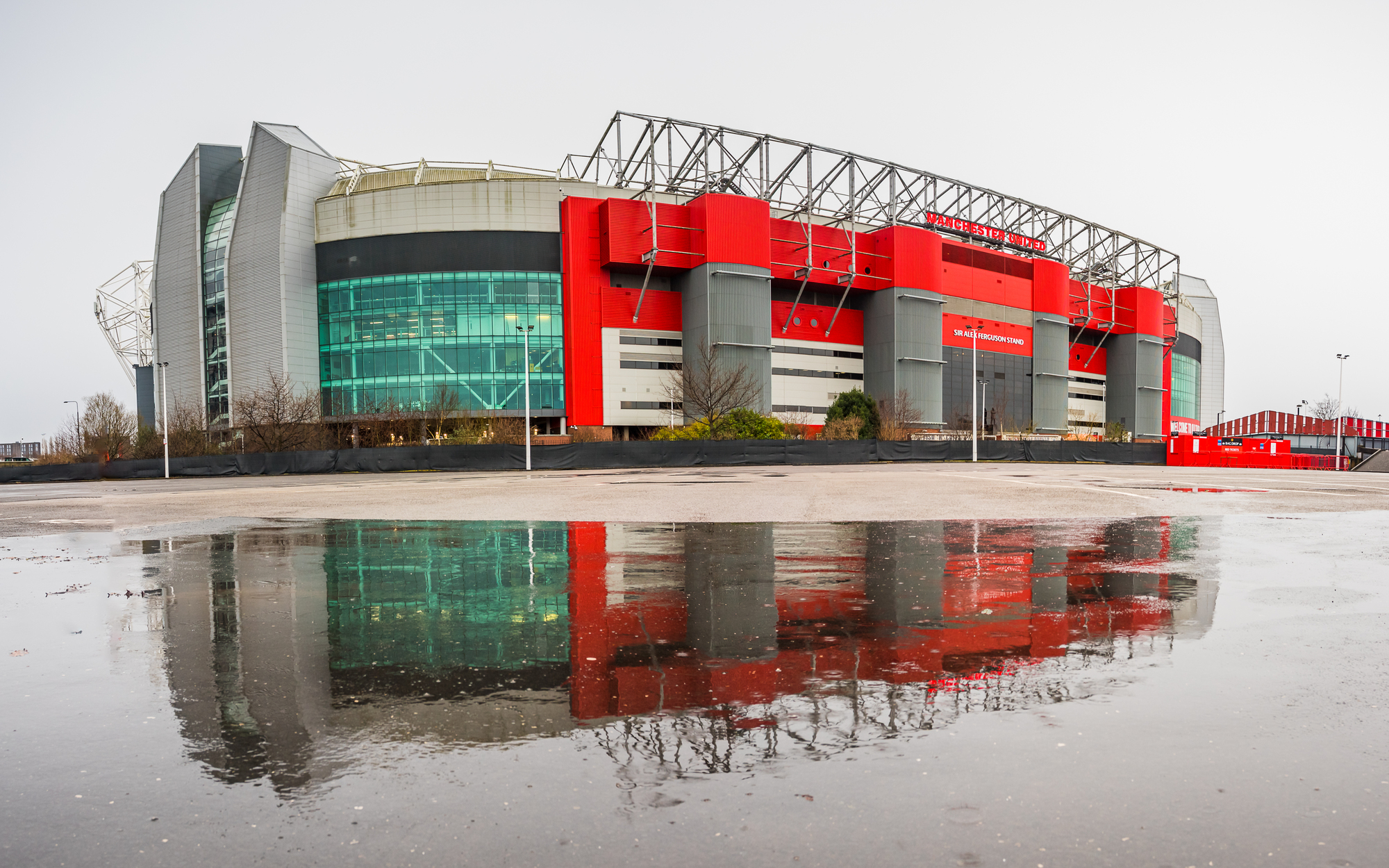There is an alarming misconception about the finances available to Manchester United and the requirements to operate within the parameters of the Premier League Profit and Sustainability Rules (PSR).
Naturally, as we approach the start of a new domestic calendar, the inevitable negativity has begun to surface throughout various social channels.
Typical statements regarding a lack of desire to spend or an inability to follow through with pre-purchase promises are a common topic.
But, in the grand scheme of operations, many of these naysayers are unfortunately uneducated regarding the financial sector of football.
Furthermore, having committed a significant fee towards Leny Yoro – only to see him endure an unfortunate injury – the ramifications are difficult to mend.
Contrary to this ludicrous opinion, the hierarchy at Old Trafford is not unwilling to spend large sums; they are unable to do so following two decades of horrific mismanagement.
The Principles of Profit and Sustainability
In short, these rules dictate the total amount of money that Premier League clubs can lose over a designated period.
Additionally, the same parameters determine an acceptable allocation towards transfers – ensuring each club remains diligent within an agreed income versus expenditure line.
In layman’s terms, PSR will allow clubs to lose a maximum of £105 million over three seasons – or £35m per season – on a rolling basis.
The outlay of these structures relies on the proviso that an allowance of £90m comes from secure funding from owners – such as buying up additional shares instead of giving their clubs a loan. With that, three-year losses allowed without such guarantees are £15m.
However, certain criteria avoid consideration within PSR. Primary examples of this are below:
- Youth development.
- Infrastructure projects.
- Costs regarding any associated women’s team.
Furthermore, the Premier League allowed clubs to write off losses suffered after the COVID-19 crisis following the 2019-20 and 2020-21 seasons.
If the £15m parameter is lost, clubs can receive restrictions on transfers – while also incurring limits to their budgets – to ensure their finances are at the agreed level.
Should a club exceed the overall figure of £105m, they will be referred to an independent commission and encounter severe punishments. Everton has already endured the wrath of PSR, and we await the results for Leicester City.
How does this affect Manchester United?
With the arrival of Sir Jim Ratcliffe came a renewed sense of optimism and hope regarding the future of the Old Trafford side.
It is understandable why individuals would expect immediate resolution of the glaring issues without digesting the financial requirements already covered.
The British billionaire partly addressed the scale of the issue before him when speaking with Bloomberg in June. “We’re sort of a bit handicapped in that sense, so I think we’ll do a fairly good job,” he said.
“It will take two or three summer windows to get to a better place.”
The 20-time English champions posted a £71.4m net loss for the quarter ending March 31, 2024, taking the total pre-tax loss for the 2023-24 financial year to £89.2m.
United’s three-year loss figure currently stands at £271.4m, but a large quantity is deductible because of funds spent on women’s football, infrastructure, youth development, community work and COVID-19 expenses.
While the deductible figure will prove significant, the club may still be in danger of breaching PSR – which would result in a likely points deduction.
The word coming out of Old Trafford suggests confidence in compliance is high, with previous loan deals for Jadon Sancho and Donny van de Beek to supply a form of financial relief.
Additionally, Champions League participation boosted revenue for the first nine months of the financial year by 8%.
But, this is far from a guarantee, and aimlessly spending without correctly navigating potential implications could prove disastrous.
The unavoidable topic of debt
Principal debt at Manchester United is over £510m, with an absurd credit borrowing of over £140m. Astonishingly, interest payments exceed £1m per week.
Public accounts reveal that United shelled out close to £30 m to Raine Group to aid with the sale of the 27.7% stake to Ratcliffe, taking the final fees to over £39.9 million.
There is no simpler way to put it: the total is an exceptional financial strain that places a stranglehold on resources – insisting on a meticulous approach when negotiating potential transfers within the finest of margins.
The new ownership is not closing their purse strings; they are being forced to do so because of two decades of mismanagement.
When you peel back a daunting financial curtain, Manchester United are fighting an ongoing Profit and Sustainability battle, and every pound counts.
In an ideal world, Manuel Ugarte, Matthijs de Ligt and Noussair Mazraoui would arrive tomorrow, but the lack of care and due diligence at the hands of idle ownership has made this a tad difficult.
Let us know your feelings in the comments or across our social channels.
Recent Posts
- Manchester United contemplating double swoop for Ligue 1 stars
- Theatre of Red official podcast | Episode 28 | Zach Lowy
- Manchester United want Sporting teenager ‘as soon as possible’




